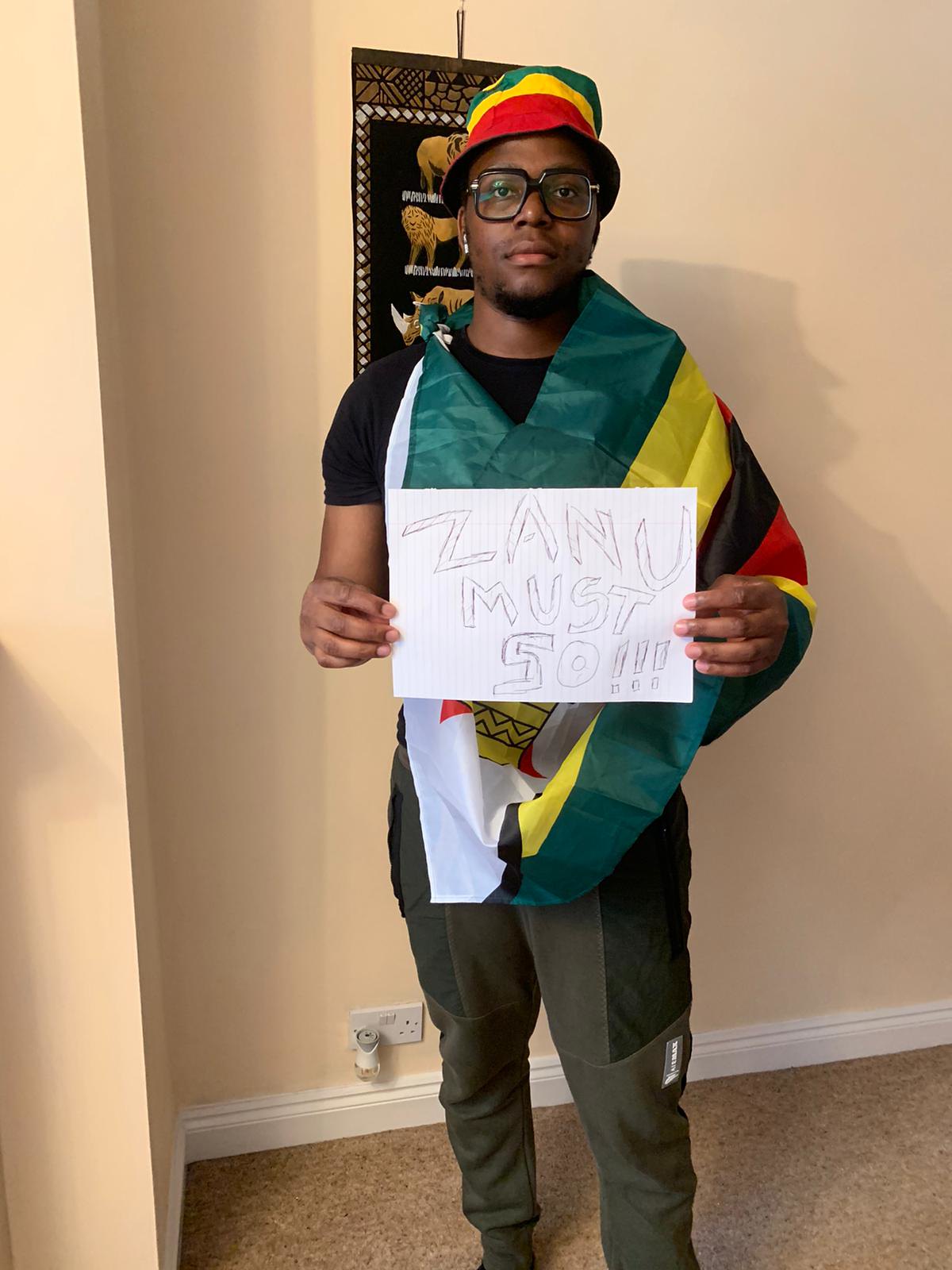
41 years of independence on 18th April will not be marked with much enthusiasm as people struggle to survive with young girls selling their bodies for a few vegetables.
The plight of Zimbabwean women was graphically described by the writer and activist Tsitsi Dangarembga in an interview with the BBC in which she spoke of people living at the very edge of survival in desperate poverty and deprivation (see: https://www.bbc.co.uk/iplayer/episode/m000v6d9/hardtalk-tsitsi-dangarembga-writer-and-activist).
Her remarks were supported by the government’s own report of a major jump in teenage pregnancies (see: https://www.voanews.com/episode/zimbabwe-reports-major-rise-teen-pregnancies-during-pandemic-4658971).
What progress have we made after 41 years under Zanu PF when we have a female opposition MP returned to jail following her 129th appearance in court in the past year for allegedly breaking coronavirus regulations? Joanah Mamombe, MP for Harare West, along with other MDC Alliance women were dumped partially clothed after being tortured and abused.
In a letter to her mother smuggled out of her cell she said she was ‘even ready to die for the struggle’. Her mother Kudzayi Chiwanza, a university lecturer, said that the torment was taking its toll. ‘I am not ok. I am in terrible shape. You cannot sleep or be fine when your child is being tortured like this.’ (see: http://www.zimvigil.co.uk/vigil-news/campaign-news/1134-tortured-zimbabwean-opposition-mp-joanah-mamombe-sent-back-to-jail).
The unresolved problems of independence and bad governance have prompted Amnesty International to produce a report highlighting the ‘misery of statelessness’ of hundreds of thousands of people in Zimbabwe denied citizenship. They include descendants of migrant workers as well as survivors of the Gukurahundi genocide of the 1980s who cannot produce the required paperwork.
‘For Zimbabwe’s stateless, everyday life is filled with obstacles. Accessing education, healthcare and employment can be a nightmare, and the sense of exclusion and rejection is soul destroying,’ said Muleya Mwananyanda, Amnesty International’s Deputy Director for Southern Africa (see: https://www.amnesty.org/en/latest/news/2021/04/zimbabwe-statelessness-crisis-traps-hundreds-of-thousands-in-limbo/).
Former Zanu PF cabinet minister Jonathan Moyo, now in exile, says those who took part in the post-independence massacres in Matabeleland and Midlands provinces should face justice for their crimes. ‘We also need to find a lasting solution in order to enable the victims of the genocide the opportunity to heal,’ he said (see: https://www.newzimbabwe.com/moyo-calls-for-justice-on-gukurahundi-perpetrators/).
Other Points:
- A point made by Tsitsi Dangarembga in her BBC interview was the pressure put on opposition politicians to defect to Zanu PF – tempted by the advantages of belonging to the governing party. Indeed some recent defectors are already demanding farms and mines as their due.
- Newsday reports that the European Union representative in Zimbabwe, Timo Olkkonen, said that Zimbabwe deserves a ‘viable’ opposition to keep the government in check. Newsday says the comment came after reports that the EU has told MDC T leader Douglas Mwonzora that it did recognise his claim to MDC leadership because he didn’t take part in the last elections (see: https://www.newsday.co.zw/2021/04/zim-needs-viable-opposition-eu/).
- In the interests of justice, you might like to look at the case of Gift Kanjana who won the parliamentary seat in Chegutu West for the MDC A two years and eight months ago but can’t take his seat despite appealing to the courts for justice. At the last hearing, Justice Bharet admitted the appeal had merit but said it had exceeded the time limit stipulated by the electoral act . . . (see: https://kubatana.net/2021/04/07/zimbabwe-2018-electoral-disputes-continue-to-challenge-legitimacy/).
- Because of the coronavirus we can no longer physically meet outside the Zimbabwe Embassy in London, so we have a virtual Vigil while the restrictions continue. We ask our activists to put on Vigil / ROHR / Zimbabwe regalia and take a photo of themselves holding an appropriate poster reflecting our protest against human rights abuses in Zimbabwe. The photos are uploaded on our Flickr site.
- For Vigil pictures check: http://www.flickr.com/photos/zimbabwevigil/. Please note: Vigil photos can only be downloaded from our Flickr website.
Notices:
- The Restoration of Human Rights in Zimbabwe (ROHR) is Vigil’s partner organization based in Zimbabwe. ROHR grew out of the need for the Vigil to have an organization on the ground in Zimbabwe which reflected Vigil’s mission statement in a practical way. ROHR in the UK actively fundraises through membership subscriptions, events, sales etc to support the activities of ROHR in Zimbabwe. Please note that the official website of ROHR Zimbabwe is http://www.rohrzimbabwe.org/. Any other website claiming to be the official website of ROHR in no way represents us.
- The Vigil’s book ‘Zimbabwe Emergency’ is based on our weekly diaries. It records how events in Zimbabwe have unfolded as seen by the diaspora in the UK. It chronicles the economic disintegration, violence, growing oppression and political manoeuvring – and the tragic human cost involved. It is available at the Vigil. All proceeds go to the Vigil and our sister organisation the Restoration of Human Rights in Zimbabwe’s work in Zimbabwe. The book is also available from Amazon.
- Facebook pages:
Vigil: https://www.facebook.com/zimbabwevigil
ROHR: https://www.facebook.com/Restoration-of-Human-Rights-ROHR-Zimbabwe-International-370825706588551/
ZAF: https://www.facebook.com/pages/Zimbabwe-Action-Forum-ZAF/490257051027515
Post published in: Featured

